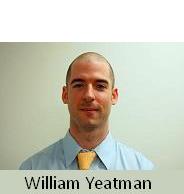X
Welcome to International Affairs Forum
International Affairs Forum a platform to encourage a more complete understanding of the world's opinions on international relations and economics. It presents a cross-section of all-partisan mainstream content, from left to right and across the world.
By reading International Affairs Forum, not only explore pieces you agree with but pieces you don't agree with. Read the other side, challenge yourself, analyze, and share pieces with others. Most importantly, analyze the issues and discuss them civilly with others.
And, yes, send us your essay or editorial! Students are encouraged to participate.
Please enter and join the many International Affairs Forum participants who seek a better path toward addressing world issues.

 By William Yeatman
By William Yeatman
 By William Yeatman
By William Yeatman